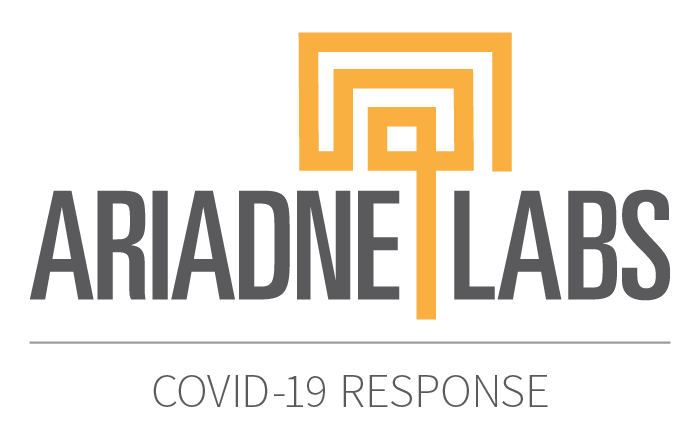The COVID-19 pandemic has divided people living in the United States into two groups: those who are adequately protected from the risks posed by the virus and those who are not.
During humanitarian disasters such as this, pregnant people are uniquely vulnerable to both the direct impacts of the disaster as well as the disruptions caused by overwhelmed health systems. Data indicate that pregnant people are more likely to be severely infected by SARS-CoV-2 and also more likely to be severely affected by unreliable and inequitable access to essential services. Due to structural and systemic racism, Black, Indigenous, and People of Color, whose odds of maternal mortality are 2-4 times higher than white people, are currently suffering most.
With an eye towards generalizable lessons, Ariadne Labs and UC Davis Betty Irene School of Nursing created the Obstetric COVID Innovation Collaborative to convene clinicians and people who recently gave birth, as well as health care administrators, researchers, and others from across the United States, to characterize how health systems and communities have responded to challenges in maternity care during the COVID-19 pandemic.
This website serves as a platform to share lessons from the Obstetric COVID Innovation Collaborative, to spotlight continued discussion and resources from our learning community, and to connect with those who wish to further this work. If you are interested in getting involved in this work or want to learn more, we invite you to collaborate with us.
During the summer of 2020, the Obstetric COVID Innovation Collaborative (OB COVID) virtually convened 244 obstetricians, midwives, registered nurses, doulas, health administrators, investors, community leaders, and people who gave birth during the pandemic. Participants joined from 37 states in addition to the United Kingdom, with 63% joining from urban areas, 27% from suburban areas, and 10% from rural areas.
Map showing US states represented by convening participants.
With their combined insights over a series of four sessions, this group specified a set of shared challenges in ensuring continuity of services, access to family and other sources of pregnancy and labor support, and trustworthy relationships with providers. They also identified ways in which both supply-side factors (such as regulations and payment incentives) and demand-side factors (such as fear of hospitals) changed during the pandemic and may have accelerated momentum for long-needed innovations in care. Learn about our process for more details of the sessions.
On behalf of the collaborative, we categorized these innovations into themes that ranged from ways of extending virtual care to practices designed to promote trust with preliminary recommendations on how to leverage the momentum of the moment for improvement.
From the summer learnings, we created a white paper to spotlight the way the COVID-19 pandemic has generated momentum for better maternal health care. Explore this website to learn more about the actionable lessons from the white paper, our stakeholders’ reactions to the white paper on a virtual panel, our process of designing the convenings, and the next steps for this work.


